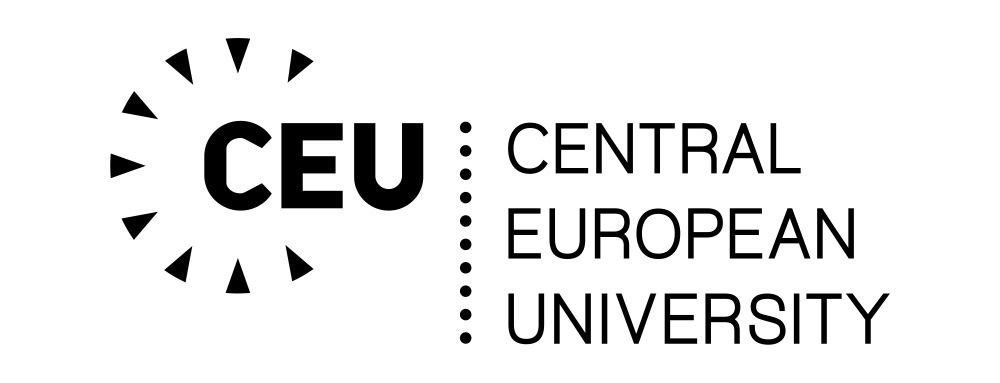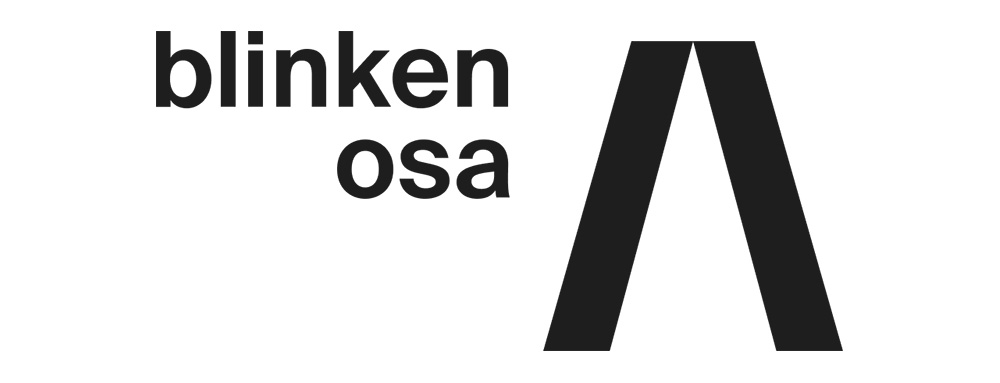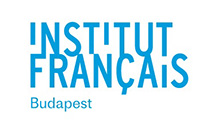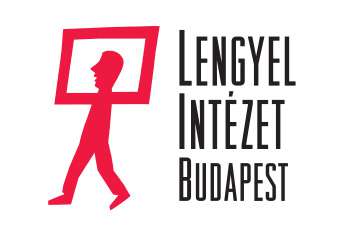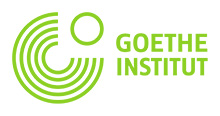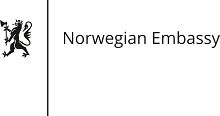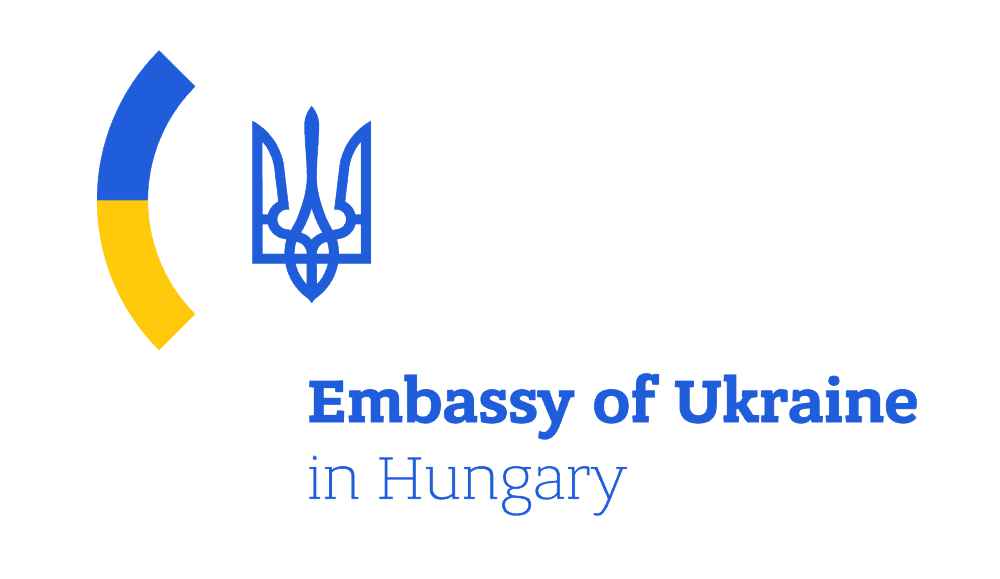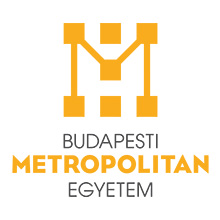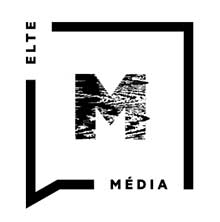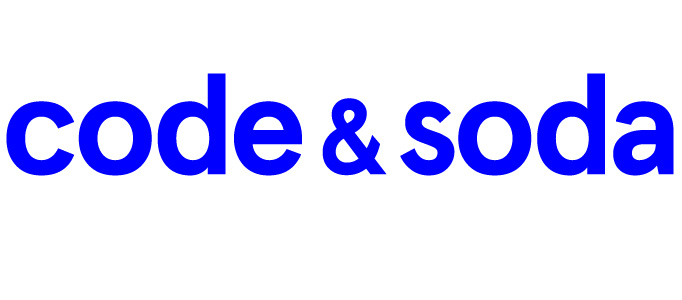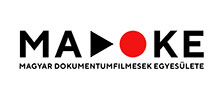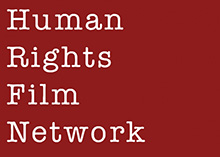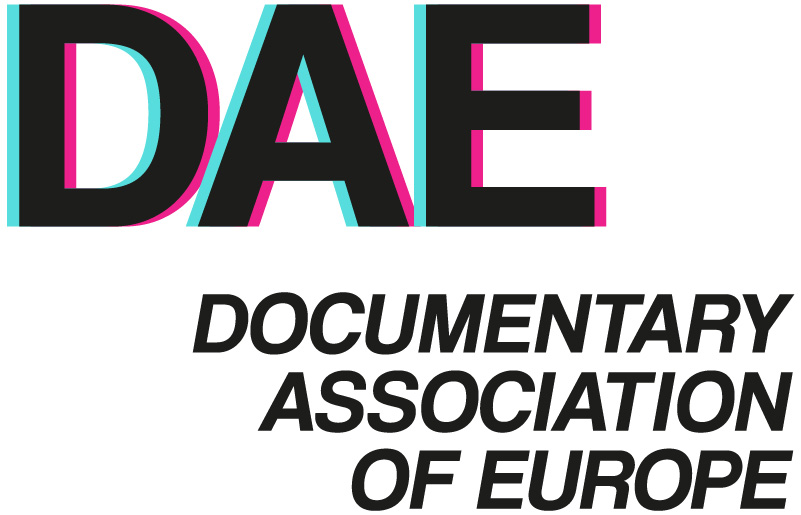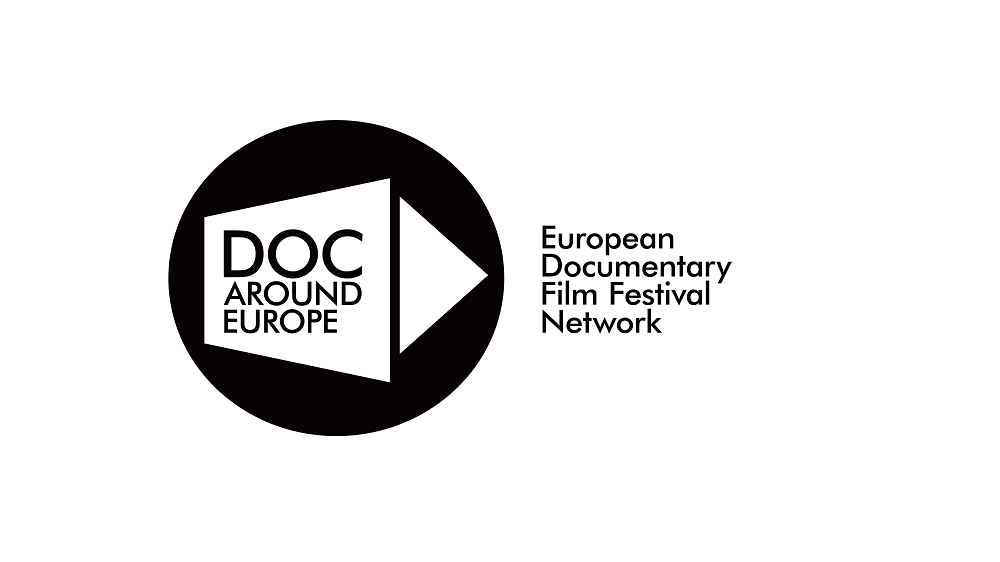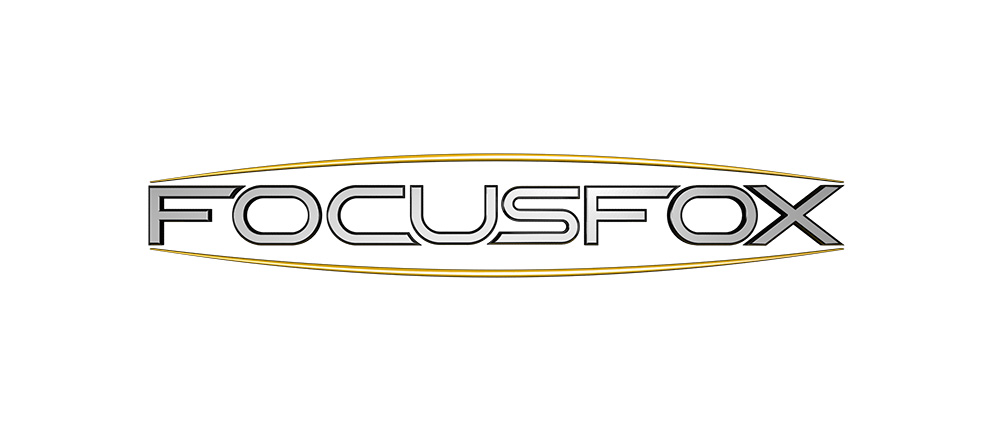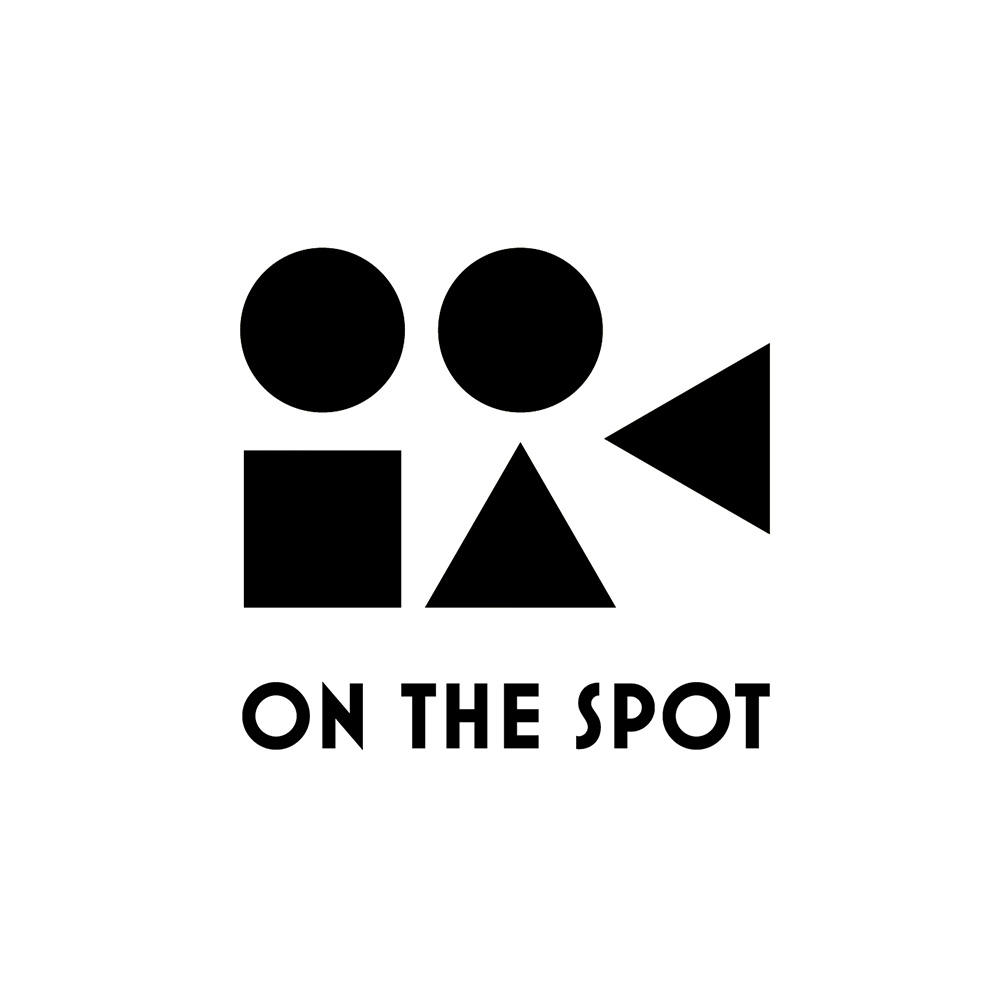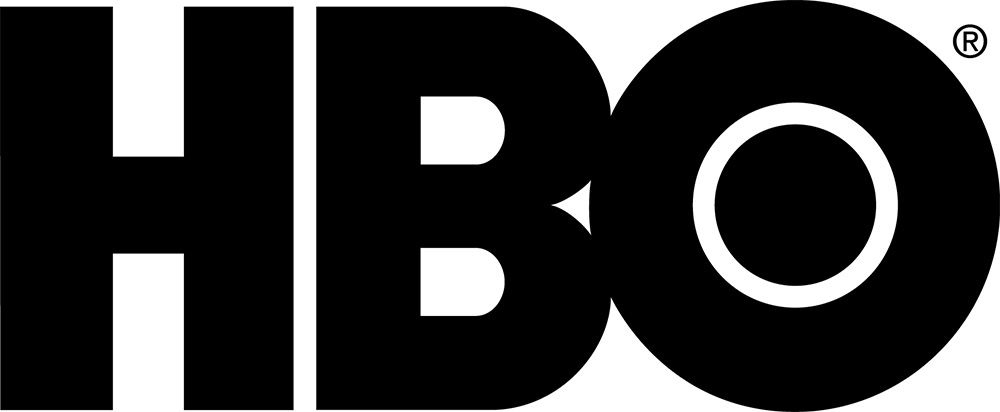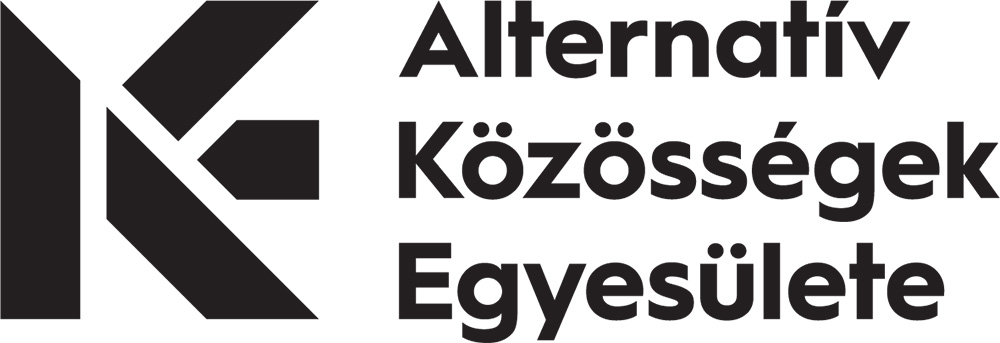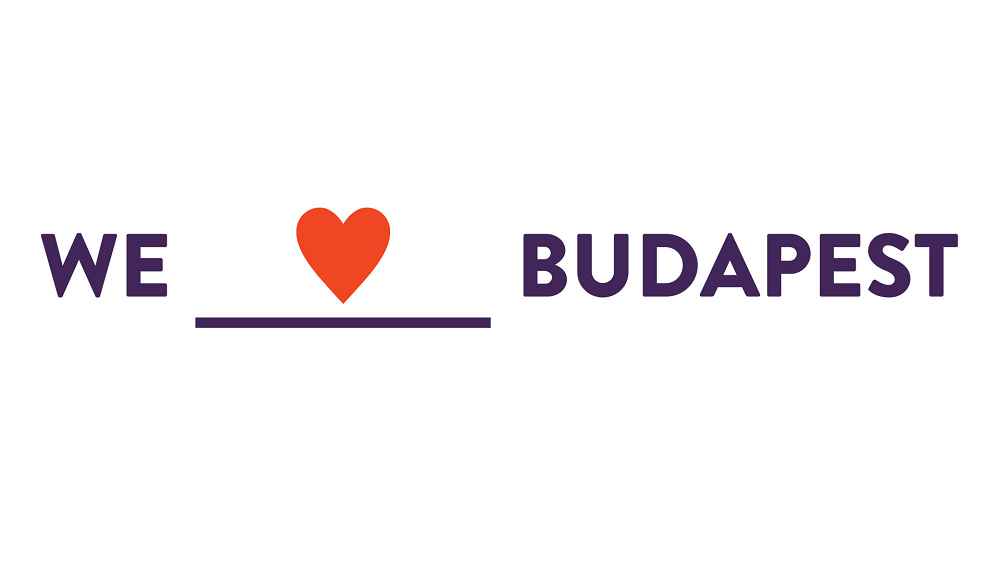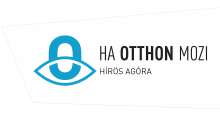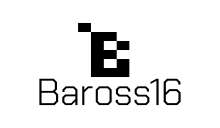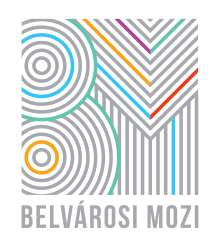moderated by Brigid O'Shea and Inka Achté
Verzió DocPro 2025
The professional and educational program of the Verzió International Human Rights Documentary Film Festival returns again this year! Between November 12–16, DocPro welcomes everyone interested in the world of documentary film — from professionals to students and general audiences. The aim of Verzió DocPro is to create space for connection, exchange, and inspiration within the documentary community. Over five days, the program explores both current professional issues and broader topics that engage the public, through panels, masterclasses, and presentations.
moderated by Julianna Ugrin
Internationally renowned composer Ádám Balázs discusses the power and role of music in documentary storytelling — how sound becomes one of the most vital tools of narrative emotion and meaning. He has composed music for more than sixty films, including Ildikó Enyedi’s On Body and Soul (Golden Bear winner, Oscar nominee), Kristóf Deák’s Oscar-winning Sing, and Dorottya Zurbó’s acclaimed documentaries The Next Guardian, Easy Lessons, and Agent of Happiness.
How can deeply local stories become universally understood and emotionally resonant? This discussion explores how filmmakers can translate cultural context while maintaining authenticity — bridging the gap between local specificity and global audiences.
Universality makes the story readable; uniqueness makes it memorable. Award-winning editor Réka Lemhényi examines how an editor’s subjectivity shapes a film’s narrative and layers of meaning. Her masterclass highlights how rhythm, emotion, and structure create stories that remain deeply rooted in their local culture, yet speak to global audiences.
How do international workshops and pitching forums shape a film’s journey from the first idea to festival premiere? Through personal experience, the speakers reveal how these programs support directors’ and producers’ growth, strengthen visibility, and connect local stories with global audiences.
How can filmmakers create a coherent yet artistically powerful visual language in documentary filmmaking — a genre often shaped by unpredictability? Cinematographers discuss how deliberate visual, lighting, and archival decisions help achieve authenticity while meeting the artistic standards of cinema and the increasingly high expectations of the international documentary community.
Hungary’s largest professional film association introduces its latest publications: the MADOKE 2025 Catalogue and the White Paper, a proposal package aimed at renewing the Hungarian documentary film financing ecosystem for greater sustainability and international competitiveness. Presented by Julianna Ugrin, MADOKE President, and Réka Pigniczky, Board Member.
When is it time to let go of a film project? Every documentary filmmaker has faced the painful realization that some projects—no matter how compelling—simply can’t be made. Whether due to lack of access, funding shortfalls, dwindling interest, or creative burnout, the decision to abandon a project can be as defining as finishing one. This panel explores the difficult moments and reasons we decide to stop, and what that means for our creative lives and mental health.
Featuring filmmakers and industry experts from across Europe who will share candid “negative case studies” of films that never reached completion, we’ll discuss what they learned from the process—and even screen short clips from projects that didn’t fly.
How can filmmakers ethically and safely handle the most delicate, vulnerable subjects in documentary filmmaking? This conversation offers practical insight — from producers and directors — into navigating conflicts, personal stories, and emotionally sensitive content throughout the production process.
Since its outbreak in 2022, the war in Ukraine has become one of the most visually documented events of our time. This masterclass explores the recurring motifs and visual characteristics of contemporary documentaries about the war, focusing especially on citizen witnessing — how civilians who record and share images online become active participants in documenting conflict. The discussion also examines how filmmakers integrate these fragmented, internet-based images into broader historical and narrative contexts.
How can documentary films be made engaging, accessible, and exciting for younger audiences? Filmmakers, distributors, and festival and film club organizers share their experiences and best practices on how to bring the genre closer to teenagers and young adults, helping them connect emotionally and intellectually to real stories.
This discussion focuses on the unique challenges of personal documentaries: how to maintain trust, respect boundaries, and protect close relationships when the director is part of the story.
How can socially conscious messages find their way through an algorithm-driven digital space? Panelists discuss how influencers can act as bridges between cultural content and audiences while preserving authenticity and values.
